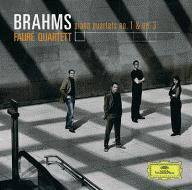New Opera: "The Making of Americans"
Adapted by director Jay Scheib from Gertrude Stein's novel of the same name, "Americans" has commendable music by composer Anthony Gatto. His score is alternately playful and lush, with both plinks and plonks as well as flourishes that suggest Verdi and Puccini. It is rendered with technical precision and spirit by an orchestra made up of the members of Jack Quartet and the new-music ensemble Zeitgeist.
While Rohan Preston seemed to like the music, it was less kind to the libretto, 'In the last scene of the opera "The Making of Americans," Tanya Selvaratnam, who plays sometime narrator Mary Maxworthing, intones: "Repeating is the whole of living." She then echoes the same sentence, with slight variation, ad nauseam, while a stage full of singers provides an aural backdrop for her words and a chorus of movers tries to look interesting.
'In the end, "Americans" may have been more successful if adapter Scheib did not exhibit such reverential fidelity to Stein's text, which is often incantatory but vague. The show includes passages like this, delivered by Selvaratnam: "There are families and some of them have some children and some of them are dead and some of them are not dead then and the father is dead then and the mother is almost dead then and the mother is living quite a long time longer then."'
There is one comment to the review and they were even less thrilled with the performance. They couldn't understand what was being said most of the time, there was no libretto in the program and no subtitles available. If the libretto was as obtuse as Rohan Preston remarks then perhaps this one is due for a re-write.

Comments